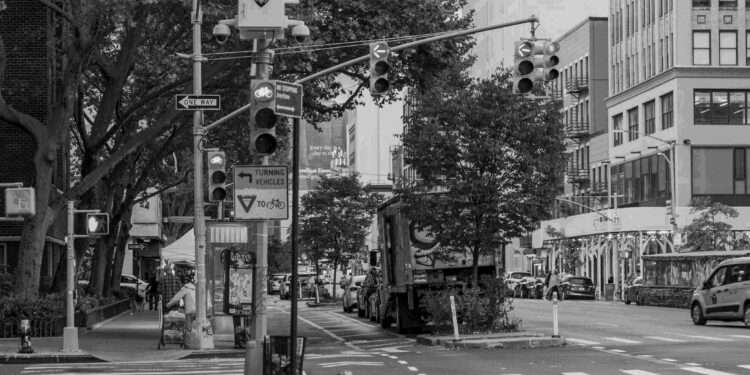The Green Light initiative, spearheaded by Google’s Climate AI team, leverages data from internet-connected vehicles and navigation apps to adjust the timing of traffic lights in real-time. This approach eliminates the need for new hardware, making it a cost-effective solution for cash-strapped municipalities. By analyzing traffic patterns and making necessary adjustments, the system can create “green waves”—a series of consecutive green lights that reduce stop-and-go traffic.
Research from the University of Michigan supports the effectiveness of such systems. For instance, a study conducted in Birmingham, Michigan, used telemetry data from General Motors vehicles to reassess the timing of 34 traffic signals. The adjustments led to significant improvements in traffic flow during peak hours, underscoring the potential benefits of the Green Light system.
One of the standout features of Google’s Green Light is its ability to bypass the expensive and time-consuming traffic studies traditionally required to change signal timings. Typically, these studies involve manual counting of vehicles at intersections and can cost up to $5,000 each time they are conducted. With Green Light, real-time data from vehicles serves as the traffic sensor, providing a more efficient and economical alternative.
The benefits extend beyond mere convenience. According to a 2021 study by traffic-analytics company Inrix, Americans spend an average of 10% of their short trips stopped at traffic lights. Reducing this time can have a positive impact on the environment by decreasing emissions from idling vehicles. Additionally, pollution at intersections is 29 times higher than on open roads, making the potential health benefits of improved traffic flow significant.
Cities already using the Green Light system, including Abu Dhabi, Hamburg, Seattle and Kolkata, have reported up to a 30% reduction in stop-and-go traffic. As the project expands to more cities, the potential for widespread improvement in urban traffic management becomes increasingly promising.
Google’s Green Light project represents a smart, scalable solution to a persistent urban problem. By utilizing existing data and technology, it offers a pragmatic approach to enhancing traffic flow, reducing emissions and improving overall quality of life for city dwellers. As cities continue to adopt this innovative system, we can look forward to fewer delays and a more efficient transportation network.









